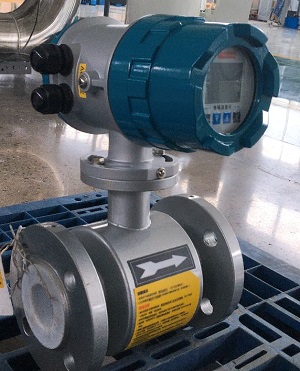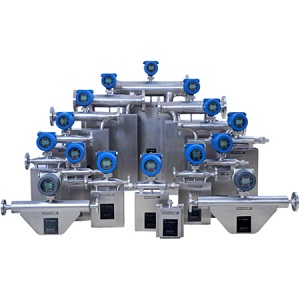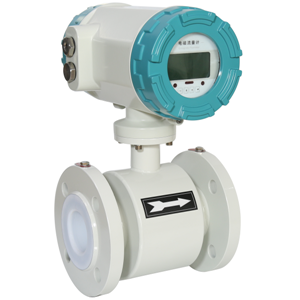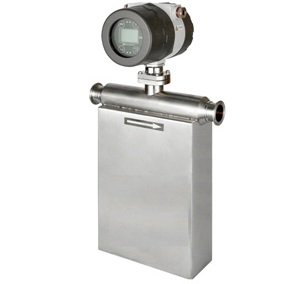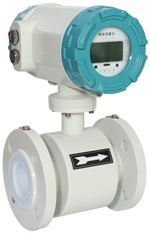Coriolis vs. Magnetic Flow Meters: Choosing the Right Flow Measurement Tool
In the world of flow measurement, two prominent contenders stand out: Coriolis and Magnetic Flow Meters. Each type has its strengths and applications, making them suitable for different industrial needs.
Understanding Coriolis Flow Meters
Coriolis Flow Meters operate on the principle of the Coriolis effect, where a vibrating tube experiences deflection as fluid flows through it. This deflection is proportional to the mass flow rate, enabling these meters to measure both mass and volume accurately. They excel in handling various fluids, including liquids with high viscosity or density, making them versatile across industries.
Exploring Magnetic Flow Meters
On the other hand, Magnetic Flow Meters function by generating a magnetic field and measuring the voltage generated as conductive fluids pass through this field. They're non-intrusive, ideal for fluids with impurities or suspended solids, and perform exceptionally well with conductive liquids like water or wastewater.
Key Differences
1. Principle of Measurement: Coriolis meters measure mass flow directly, while Magnetic meters measure volumetric flow indirectly through the induced voltage.
2. Fluid Compatibility: Coriolis meters handle a wider range of fluids, including oil, fuels, viscous or dense liquids, whereas Magnetic meters are best suited for conductive fluids and excel in applications like water treatment. Magnetic flow meter also has poor performance for high viscosity fluids.
3. Accuracy and Precision: Coriolis meters offer
high accuracy for mass measurements; Coriolis flow meter is the flow meter with best accuracy while Magnetic meters provide reliable measurements for conductive fluids but may be less accurate comparing with Coriolis flow meter
4. Installation and Maintenance: Magnetic meters are easy to install and require minimal maintenance due to no moving parts, while Coriolis meters may need more attention due to their intricate vibrating tube system, however Coriolis flow meter does not need straight pipelines before and after flow meter.
5. Price cost. Coriolis flow meter is very expensive for its high accuracy and good performance on tough applications. However magnetic flow meter is much cheaper than Coriolis meter.
6. Functions. Coriolis flow meter has strong functions to measure fluids density, temperature and pressure besides fluids mass flow rate, while mag flow meters can only for liquid flow measurement.
Choosing the Right Meter
- For Versatility: If dealing with various fluids, Coriolis meters might be the better choice due to their broader application range, the applications can be gas, viscous liquid or slurry.
- For Conductive Fluids: Magnetic meters shine in applications like water treatment plants, where conductive fluid measurement is key.
- For Precision: When high accuracy in mass flow measurement is crucial, Coriolis meters become indispensable.
- For purpose: We often use Coriolis flow meter for custody transfer, while use magnetic flow meter for process measurement and control.
Applications in Industries
- Coriolis Meters: Used in industries like oil and gas, chemicals, and pharmaceuticals for precise mass flow measurement.
- Magnetic Meters: Commonly employed in water treatment, mining, and food processing industries due to their reliability with conductive liquids.
Conclusion
Both Coriolis and Magnetic Flow Meters have their strengths and are valuable in specific scenarios. The choice ultimately boils down to the nature of the fluid being measured, precision requirements, and the industry's specific needs. Understanding their capabilities helps industries make informed decisions when it comes to selecting the ideal flow measurement tool for their operations.
